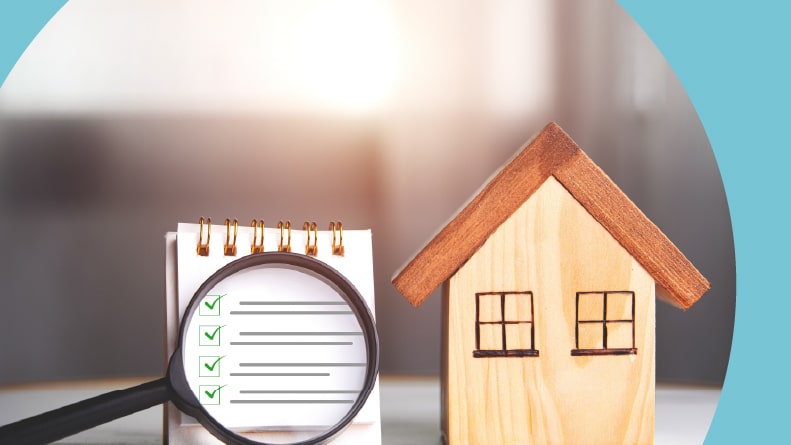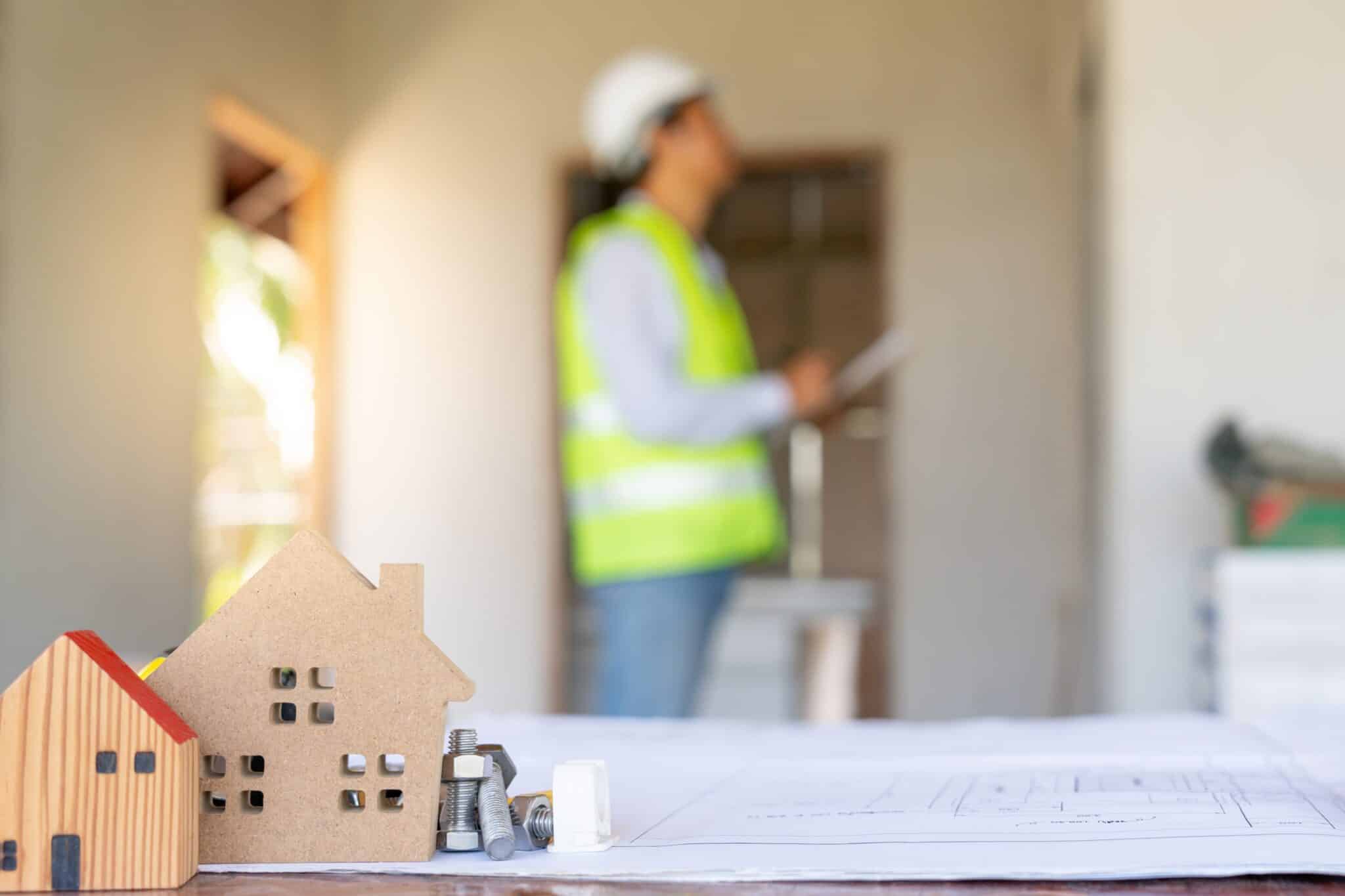When buying a home, one of the biggest questions buyers face is whether to invest in a home inspection. While they can provide valuable insight into a property’s condition, they can also lead to unexpected issues and additional costs.
To help you navigate the pros and cons, we spoke with Khadeejah Johnson, Associate Vice President of Brokerage Operations at 55places.com, to get expert insights into the value of home inspections.
What Is a Home Inspection?
A home inspection is a visual assessment of a property’s condition. Typically conducted as part of a real estate transaction, it helps buyers, sellers, and lenders understand any issues that could impact the home’s value or safety.
Key Takeaways
- Home inspections assess a property’s condition, covering structure, systems, and safety.
- Benefits: Reveal hidden issues, aid negotiation, and help plan maintenance.
- Drawbacks: Costly ($600-$800), may cause unnecessary worry, and inspector quality varies.
- A Realtor’s expertise helps interpret results, prioritize repairs, and find trusted pros.
- Second opinions matter for potential deal-breakers.
- A good inspector is key to making informed decisions.
What’s Included in a Home Inspection?

A home inspection covers various aspects of a property, including:
- Structural Aspects: Foundation, siding, windows, roof, and other key elements.
- Heating and Cooling: Thermostat, ducts, air conditioner, furnace, and heat pump.
- Plumbing and Electrical: Water and sewage systems, sinks, toilets, showers, and other plumbing fixtures.
- Fire and Safety: Chimney, fireplace, and other potential fire hazards.
- Land: The property included in the sale, including drainage and grading.
The Benefits of Home Inspections

There’s no doubt that home inspections can be beneficial, especially for buyers looking to make an informed decision. According to Khadeejah Johnson:
“A home inspection provides peace of mind by identifying potential issues before you close on a home. It’s an investment that can save thousands of dollars in unexpected repairs.”
Key Benefits
- Uncover Hidden Issues: Structural problems, faulty wiring, plumbing leaks, and roof damage can be costly surprises. A home inspection helps reveal these before you buy.
- Negotiation Power: If significant issues are found, buyers can negotiate repairs or price reductions before closing.
- Future Planning: Even if repairs aren’t needed immediately, knowing what to expect can help homeowners budget for future maintenance.
The Downsides of Home Inspections

While home inspections offer many advantages, they aren’t without their drawbacks. Some buyers find the process frustrating, especially when minor issues are exaggerated.
Common Complaints
- Cost: Home inspections typically cost between $600-$800, which can feel like a lot for just a few hours of work.
- Unnecessary Panic: Inspectors sometimes highlight every minor imperfection, making a home seem like it’s in worse condition than it actually is.
- Lack of Regulation: Surprisingly, 14 states—including California, Colorado, and Michigan—don’t require home inspectors to be licensed. This means the quality can vary widely depending on the inspector’s experience and standards.
- Limited Liability: Even in states that require inspectors to carry insurance, coverage may not fully protect homeowners from missed defects or incorrect assessments.
The Role of an Experienced Realtor in the Home Inspection Process

A knowledgeable real estate agent can make a huge difference when navigating a home inspection. “An experienced Realtor knows how to distinguish between minor cosmetic issues and real deal-breakers,” says Johnson. “They can help buyers understand whether a defect is a major concern or a simple fix.”
Why a Realtor’s Insight Is Valuable
- They Can Identify Overblown Issues: Some inspectors flag small, routine maintenance issues as potential problems. A seasoned Realtor can help provide perspective.
- They Help Buyers Prioritize Repairs: Not all issues need to be addressed immediately. Realtors can guide buyers on what matters most.
- They Recommend Trusted Professionals: If a problem is revealed, an experienced agent can connect buyers with reputable contractors for a second opinion.
Johnson also suggests, “If you are in love with a home and the inspector finds a deal-breaker, always get a second opinion. Inspectors are human, and in my experience, I have seen plenty of mistakes and inconsistencies.”
Are Home Inspections Really Worth It?

The value of a home inspection depends on your situation. For buyers, they provide essential information that can influence their purchasing decisions. For sellers, a pre-listing inspection can help prevent last-minute deal-breakers. However, the process isn’t perfect, and hiring an experienced, reputable inspector is crucial.
Johnson advises:
“While home inspections can feel overwhelming, they’re a necessary step in the homebuying process. The key is working with a qualified inspector who provides an objective, honest assessment.”
Final Thoughts
Home inspections are an essential tool in real estate transactions, but they come with both advantages and drawbacks. Understanding what’s included, knowing the potential pitfalls, and hiring a skilled professional can make all the difference. Whether you’re buying or selling, taking the time to invest in a thorough home inspection—with the guidance of a knowledgeable Realtor—could save you from major headaches down the road.











